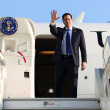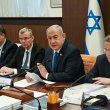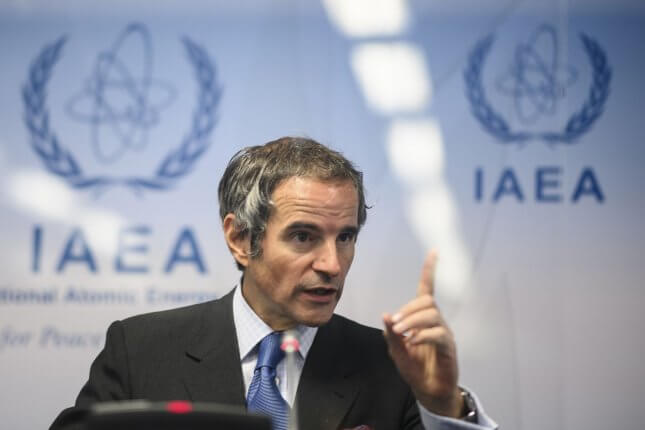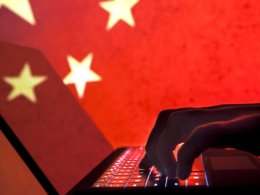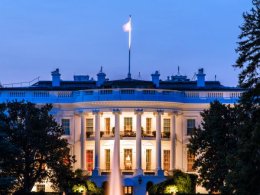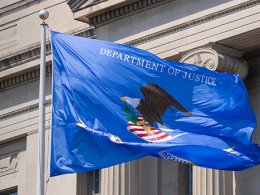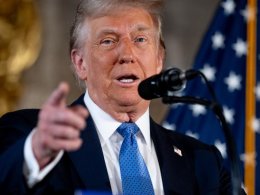The head of the International Atomic Energy Agency has called efforts to stop North Korea's nuclear weapons program a "collective failure" of global safeguards and cautioned that another detonation could come "any day."
"Up until 2006, North Korea did not have nuclear weapons," IAEA Director-General Rafael Grossi said in a lecture Tuesday at Australian National University in Canberra.
"A number of initiatives ... failed. And as a consequence of that, in 2006 [there was] the first nuclear weapon test, to be followed by five more."
Grossi cited the U.S.-North Korea Agreed Framework, signed in 1994, as an unsuccessful attempt to stop Pyongyang from developing nuclear weapons. That agreement froze operations at North Korea's Yongbyon nuclear reactor in exchange for a pair of civilian light water reactors and other benefits including fuel oil and security guarantees.
However, the deal broke down in 2002. Subsequent six-party talks among China, Japan, North Korea, South Korea, Russia and the United States also ultimately fell apart.
Grossi called the attempts "a big collective failure" and said that North Korea has now developed a "considerable nuclear arsenal." The IAEA chief added that North Korea's next nuclear test "could take place any day."
"What we see through satellite imagery is that they are preparing for [a test]," he said.
The United Nations monitoring agency has not had on-the-ground access to North Korea since 2009.
Pyongyang's last nuclear test occurred in September 2017, when the regime detonated a weapon estimated to have a yield of 140 to 250 kilotons -- at least 10 times as powerful as the atomic bomb dropped by the United States on Hiroshima, Japan, in 1945.
North Korean leader Kim Jong Un ended a self-imposed moratorium on long-range missile and nuclear tests in March with the launch of an intercontinental ballistic missile. Officials in Seoul and Washington have warned for several weeks that a nuclear detonation by the North appears imminent.
On Wednesday, South Korean President Yoon Suk-yeol told a meeting of military commanders to "swiftly and firmly punish North Korea in the event that it carries out a provocation," according to Yonhap.


